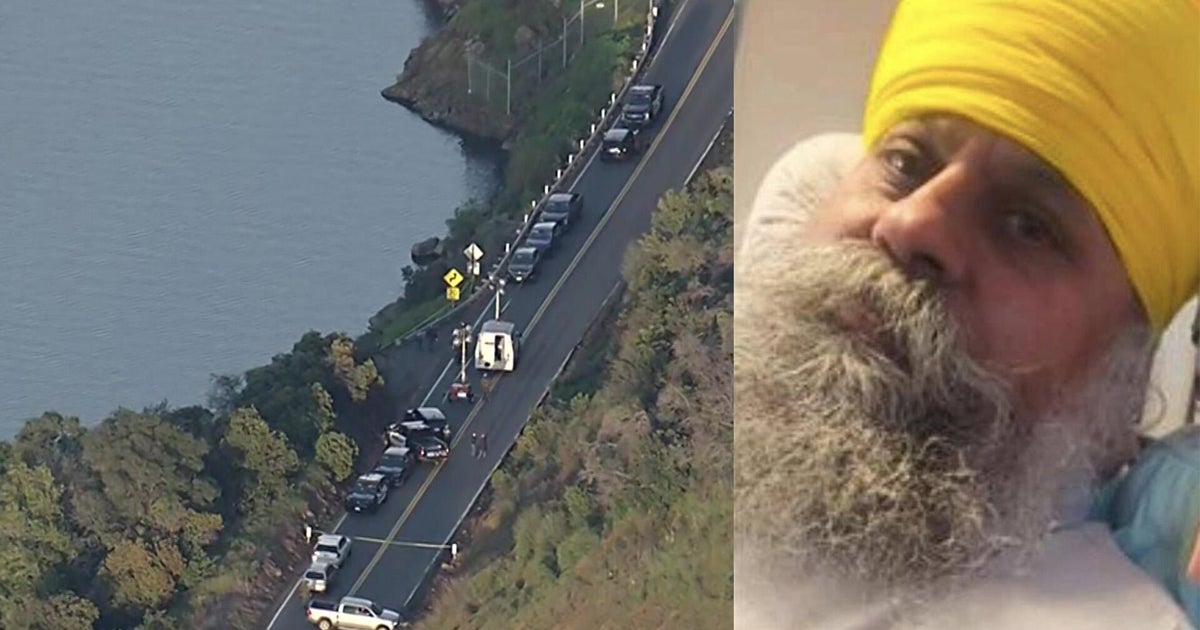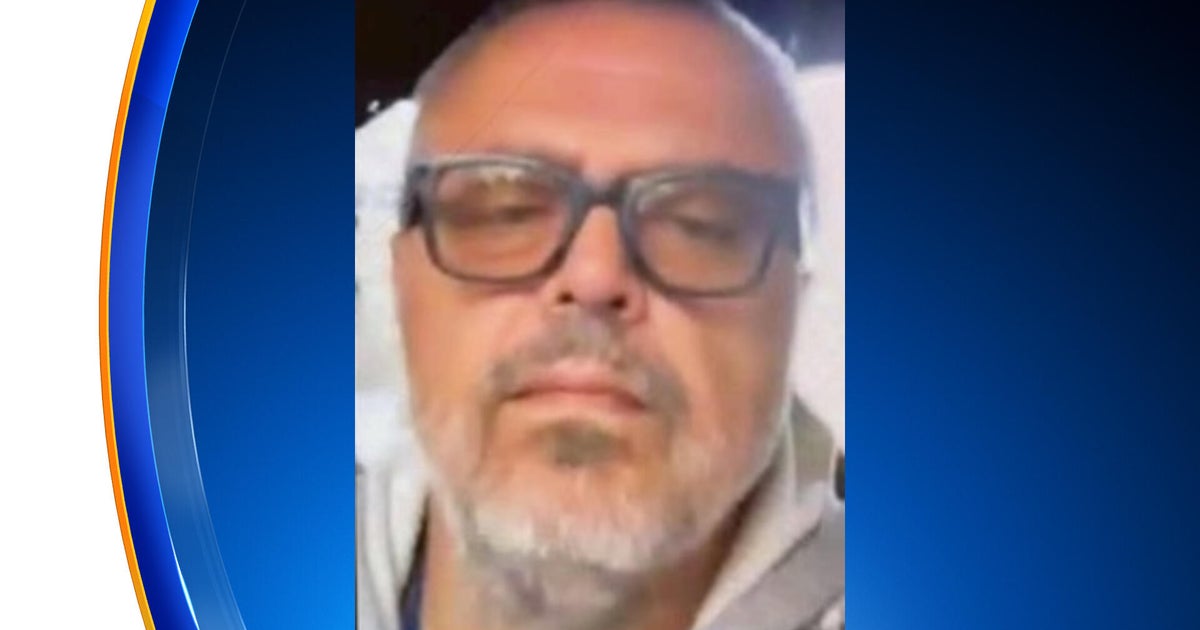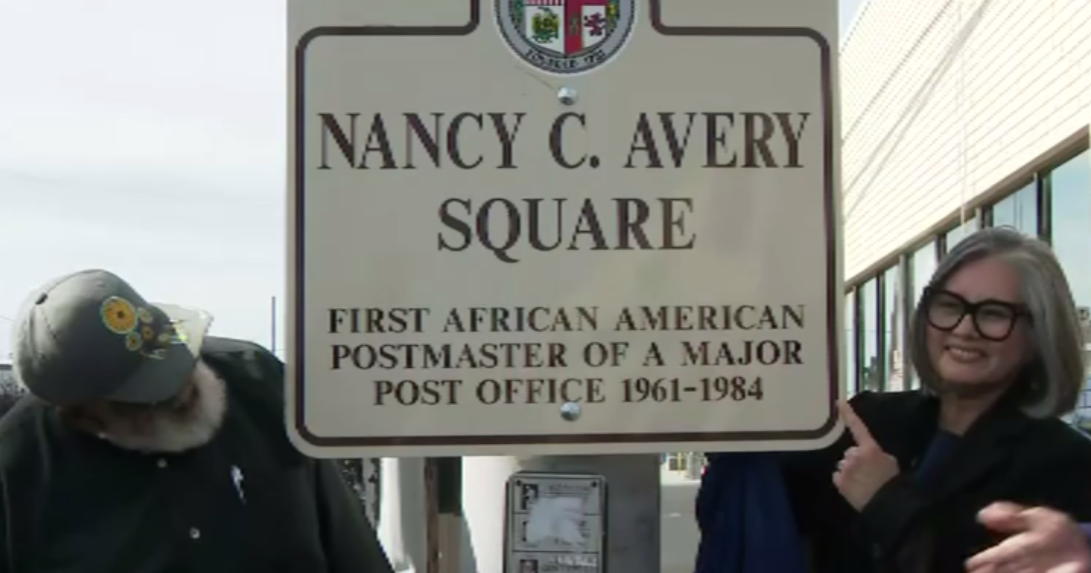Poisoned Lottery Winner's Body Exhumed For Autopsy
Updated 01/18/13 - 4:55 p.m.
CHICAGO (CBS) -- An autopsy was conducted Friday on the body of a lottery winner who died from cyanide poisoning last year, after his body was exhumed for further testing, but the results of those tests won't be completed for a few weeks.
Authorities exhumed Urooj Khan's body at Rosehill Cemetery Friday morning, and then brought it to the Stein Institute, for a complete autopsy by the Cook County Medical Examiner's office.
Khan died on July 20, days after he won $1 million from a state lottery scratch-off ticket. His death was initially ruled to be the result of natural causes. Dr. Stephen Cina, the county's chief medical examiner, has said there were no signs of trauma, and the initial investigation did not suggest anything suspicious about Khan's death.
But his family later said they didn't believe his death could have been natural, and wanted a closer look. Tests of blood samples from Khan showed cyanide in his system, and later toxicology tests revealed a lethal level of the poison, prompting the medical examiner's office to declare his death a homicide.
Last week, a judge authorized the county's request to have Khan's body exhumed for a full autopsy.
Cina said Khan's body was autopsied Friday, to determine how the cyanide got into his system.
Autopsy Performed On Poisoned Lottery Winner
"The body was in a state of advanced decomposition. We were able to identify the major organs and take samples of each of those for toxicological analysis," Cina said Friday afternoon. "Cyanide, over the post mortem period, actually can essentially evaporate and leave the tissue. So it is possible that cyanide that was in the tissues is no longer in the tissues after several months. We'll just have to see how the results play out."
Cina said the body had been wrapped in a shroud, and placed in a wooden box with a Styrofoam lid, which itself had been placed inside a cement vault. The body was not embalmed, as is the case with most Muslim burials.
Although embalming would have preserved Khan's body better, it also would have made toxicological analysis more difficult because of the chemicals used to embalm a body.
Dirt samples were also taken from the gravesite.
"There are some microbes that live in the dirt that can produce cyanide at a relatively low level," Cina said. "In case it ever came up that 'Well, his body was in the ground, and the tissues have cyanide, but he'd been buried so could that cyanide have come from the dirt?' I think it was prudent just to have a potential positive-negative control with the dirt sample."
Questions have been raised as to whether Khan's last meal may have contained cyanide.
"We were able to recover some stomach contents and they'll be tested," Cina said. "We took samples of most of the solid organs, hair, and fingernails."
Police have questioned Khan's wife in his death, but she has denied any wrongdoing.
At the time of Khan's death, he had not yet collected his lottery scratch-off winnings, totaling nearly $425,000.







